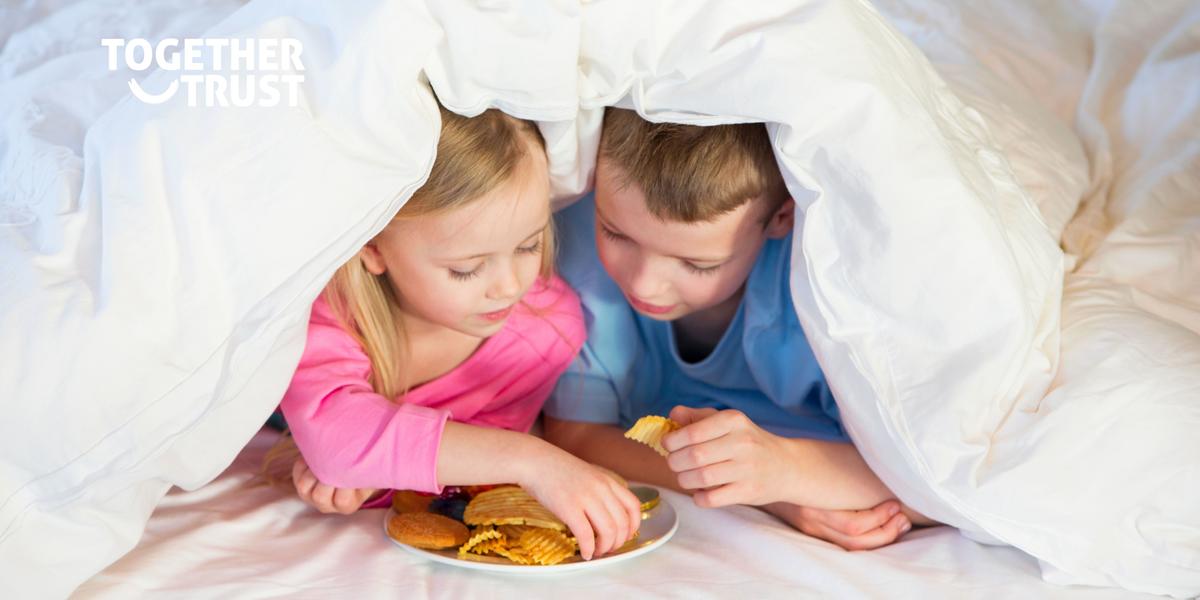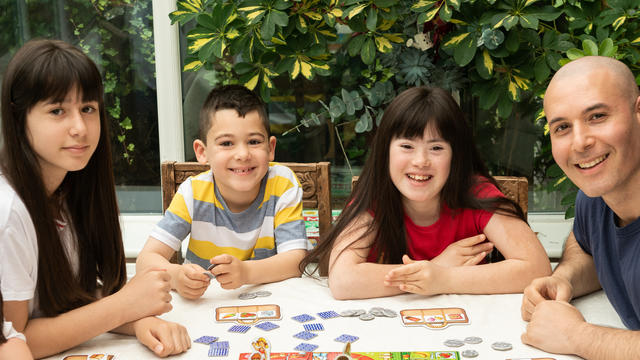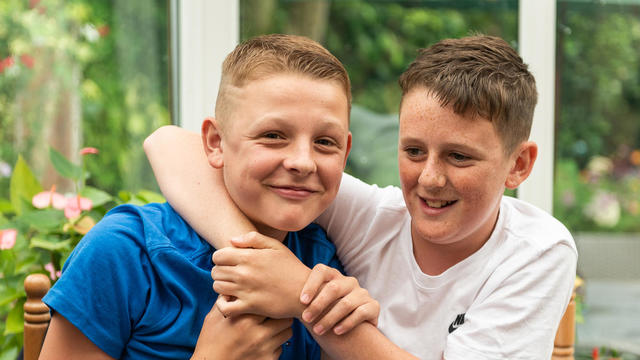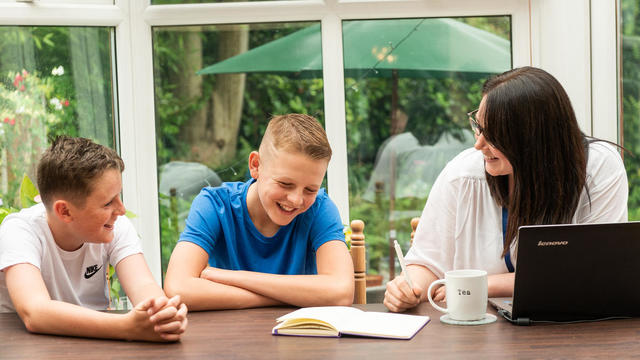Sleep tips: Food and drink

Food and drink that your child consumes throughout the day, and especially in the evening, can have an impact on how well they settle to sleep. Caffeine and sugar both impact sleep quality and can cause more frequent night wakings.
Caffeine blocks a chemical in the brain called Adenosine. This is a neurotransmitter that makes us feel tired. Too much sugar, especially close to bedtime, will give your child a rush of energy that will make them more alert.
Caffeine is in more things than you would think! It can be found in drinks such as hot chocolate, energy drinks, canned fizzy drinks (including diet drinks), tea and coffee. Caffeine is also in chocolate, protein bars, frozen yoghurt, ice cream and medicines, amongst other things.
Check for caffeine and sugar content on food packaging. You can also download caffeine and sugar tracker apps for your phone or your child’s phone, depending on their age.
The recommended cut-off time for caffeine use is a minimum of six hours before bedtime. For example, if your child typically goes to bed at 9.00 pm, avoiding caffeine after 3.00 pm can help minimise sleep difficulties.
Some children may wake during the night or wake early in the morning because they are hungry. A small snack at supper time, around an hour before bed, can help with this. It can also mark the beginning of the bedtime routine.
Certain foods contain an essential amino acid called tryptophan which helps the body produce melatonin. Melatonin is a natural hormone that promotes sleep.
Include some carbohydrates and protein to sustain your child through the night. Supper should be eaten downstairs, away from your child’s bedroom. Use it as a time to talk and keep things calm.





